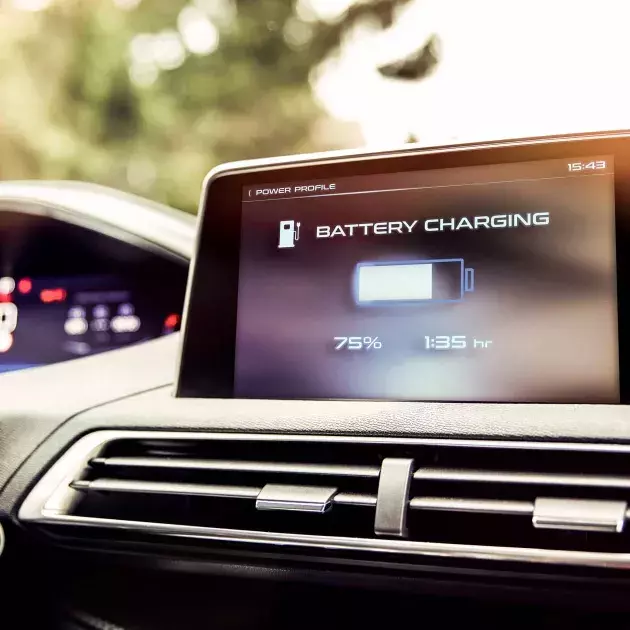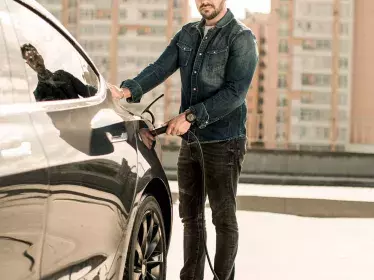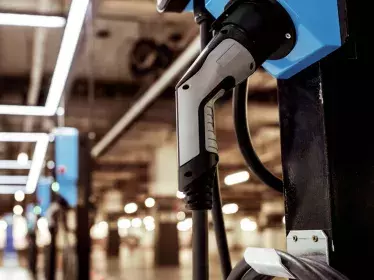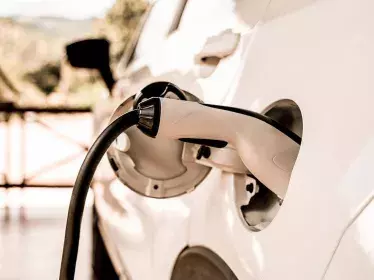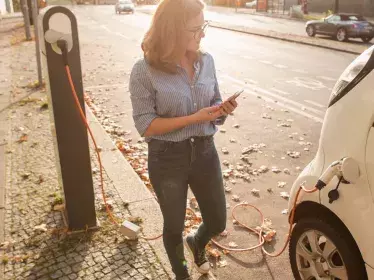New technologies often give rise to both questions and worries. The electric car is no exception to this phenomenon, even though electricity and batteries are far from being a recent invention. It’s completely natural that you will have a lot of questions. So, in order to give you some information and try and reassure you, it’s a good idea to listen to an expert. This interview with Didier Berruyer, a Business Manager at Zeborne, provides some real insight. The company specialises in the installation of charging stations.
Is it risky to charge your electric vehicle at home from a domestic household socket every day?
“Technically speaking, it will work. But our design office wouldn’t recommend it. A conventional 220 V electrical socket is not designed to withstand daily charging of an electric vehicle. There are three reasons for this:
1. There is indeed a risk of overheating and therefore a risk of fire.
2. Recharging a fully electric vehicle using a conventional socket will take a very long time.
3. There is no software communication service.
We recommend the installation of a charging station with a dedicated line in the electrical panel, protective electrical devices and integrated software monitoring services.
However, if you have the option to use the charging stations at your workplace, for example, and you occasionally charge your vehicle at home, this may be a solution.”
If you have a charging station installed at your home, will it affect daily electricity use?
“The only impact is financial, as the Kw/h/month consumption will increase. The consumption used for charging can be identified and automatically communicated using our ZEborne monitoring services. For example, this allows an employee to be reimbursed by their employer for Kw/h they have consumed at home.
We can install a dynamic charging control system. This system is capable of identifying the available amperage in real time and adapting the power delivered by the charging station to prevent fuses from blowing.”
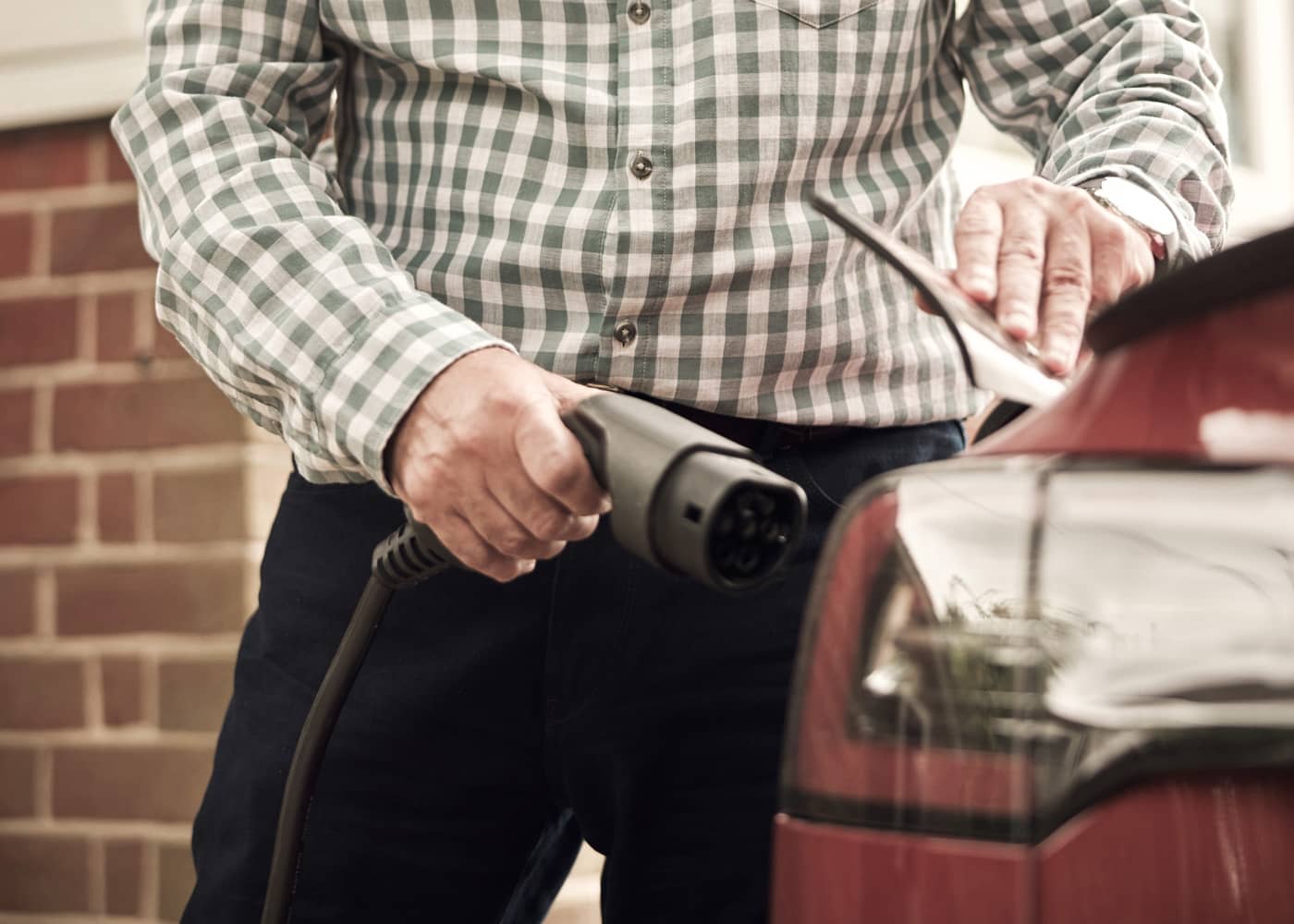
What should you do if you want to install a charging station?
“In order to register a charging station as part of a home installation, we always carry out a precise technical audit. This data collection process allows us to offer the best charging solution for the existing electrical environment. Any good electrician can install a charging station. However, it takes a real expert to have the knowledge and understanding of software communications services.”
What if it really does catch fire?
“If the installation has been carried out in accordance with the General Regulations for Electrical Installations (Règlement Général des Installations Électriques – RGIE) and validated by an approved body, it complies with all safety standards. So there is really little chance of this happening.”
What’s your best tip?
“It is important to have comprehensive support that goes beyond simply installing a charging point. What is crucial, is to understand how an electric vehicle is used:
- How many km/day?
- How often are you recharging?
- Where will the vehicle be parked for long periods of time?
- Is there a parking space for your vehicle and the charging point?
An analysis such as this allows the choice of vehicle and charging point to be tailored to each individual’s use.”


